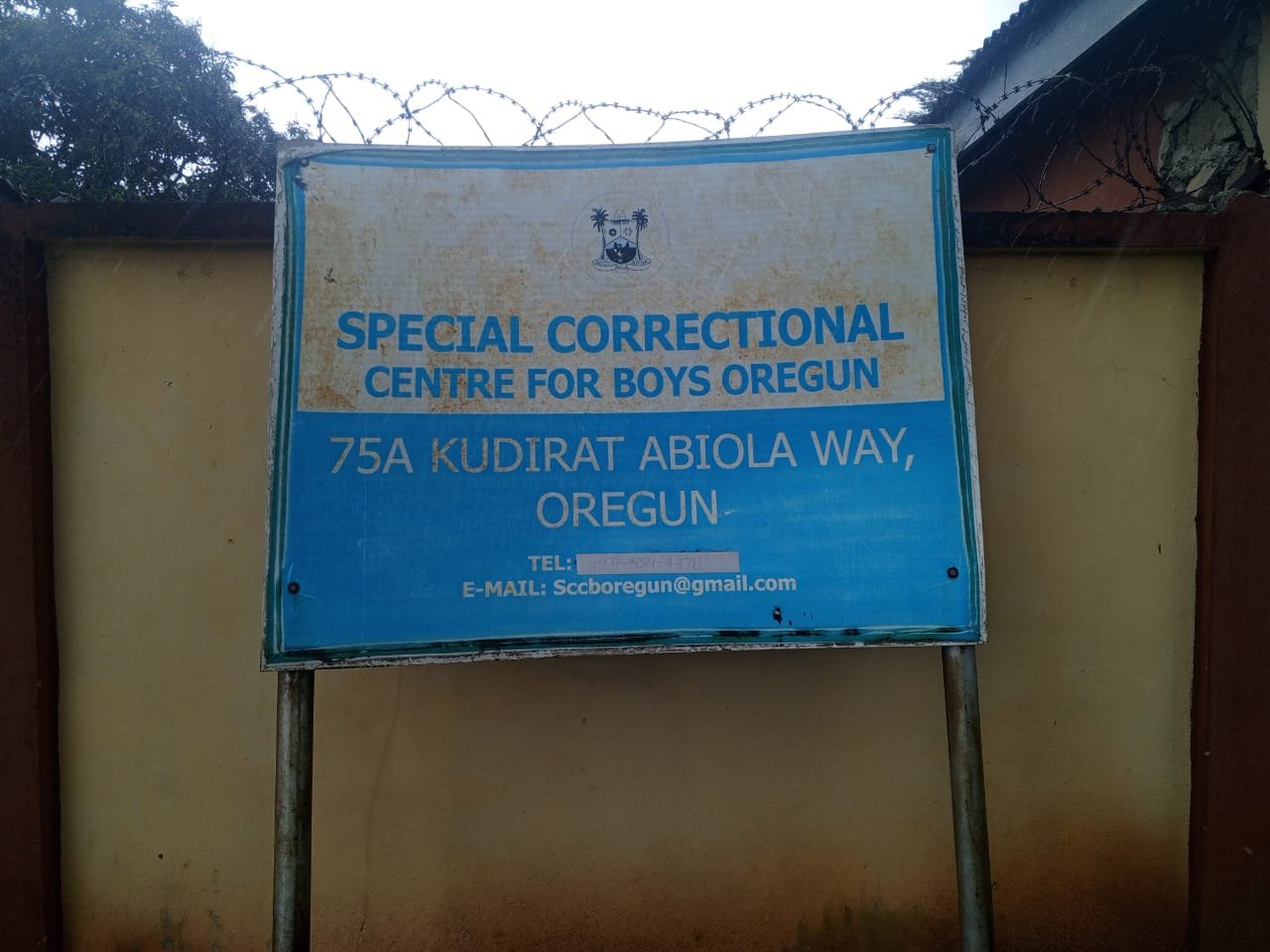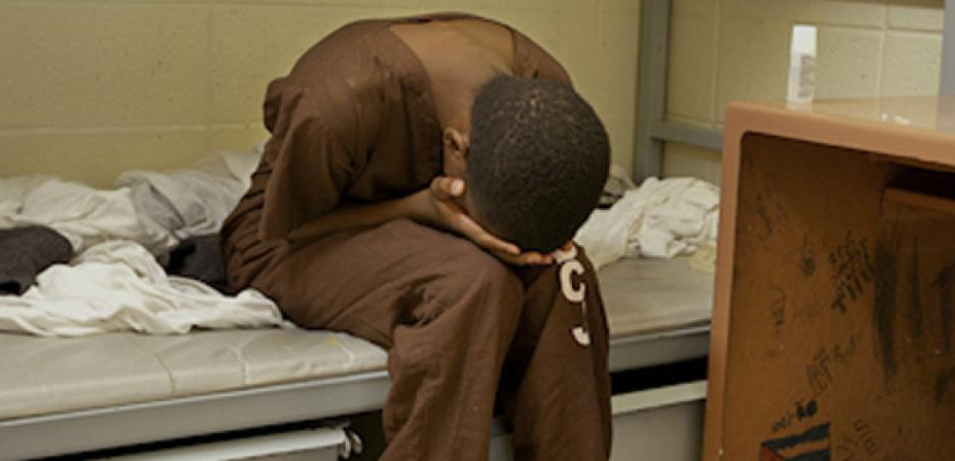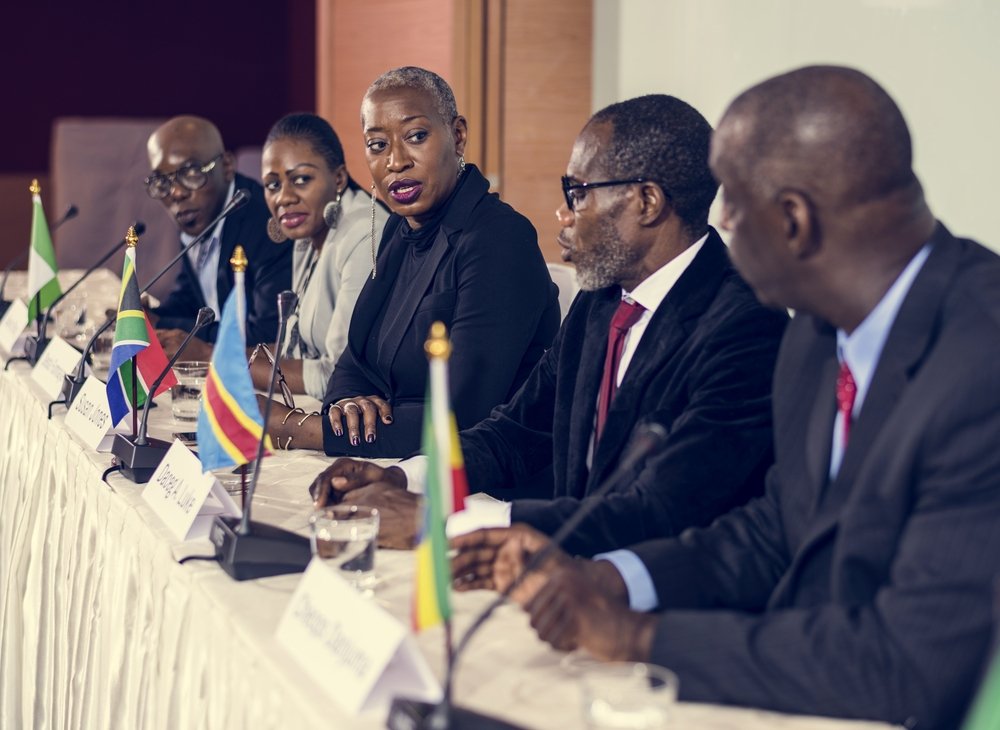Across Africa, the plight of young boys in delinquency centres is a matter close to my heart. Having worked extensively in community development, I have seen first-hand how these boys—often products of broken homes, systemic failures, and economic hardship—end up in environments that do little to rehabilitate them. Yet, they hold the potential to become leaders, innovators, and pillars of society if given the right support.
Investing in boys in delinquency centres is not just a moral imperative; it is a strategic move for Africa’s future. Many of these young men have found themselves in trouble not because they are inherently bad but due to a lack of guidance, resources, and opportunities. Without intervention, they risk being trapped in cycles of crime, poverty, and neglect. However, with intentional investment in their development, we can help them rewrite their narratives.
Rehabilitation should not be about punishment alone—it must involve education, skills development, and emotional support. Many of these boys have untapped talents in areas such as craftsmanship, technology, and the creative arts. By equipping them with vocational skills and formal education, we give them a chance to contribute meaningfully to their communities.
Additionally, faith-based mentorship plays a crucial role. Africa’s strong cultural and spiritual heritage can be leveraged to instil values of responsibility, resilience, and purpose. When boys see positive role models, they begin to envision a different future for themselves. It is important that we provide them with mentorship programmes that teach them not just technical skills, but also values such as integrity, hard work, and accountability.
Government and private sector collaboration is key to making this vision a reality. Policies should be put in place to ensure that delinquency centres focus on rehabilitation rather than mere incarceration. Public-private partnerships can create opportunities for apprenticeship programmes, sponsorships, and scholarships that empower these boys to reintegrate into society successfully.
Communities must also take an active role. Local organisations, churches, and businesses can provide support structures for these boys, helping them transition from a life of delinquency to one of purpose. Grassroots efforts, such as mentorship groups, sports initiatives, and creative arts programmes, can help restore their sense of belonging and self-worth.
We cannot afford to ignore these young lives. By investing in their transformation, we invest in stronger families, safer communities, and a more prosperous Africa. Every boy rescued from a life of crime or neglect represents a future leader, entrepreneur, or change-maker. The question is not whether we can afford to help—but whether we can afford not to.
– Femi Oke






